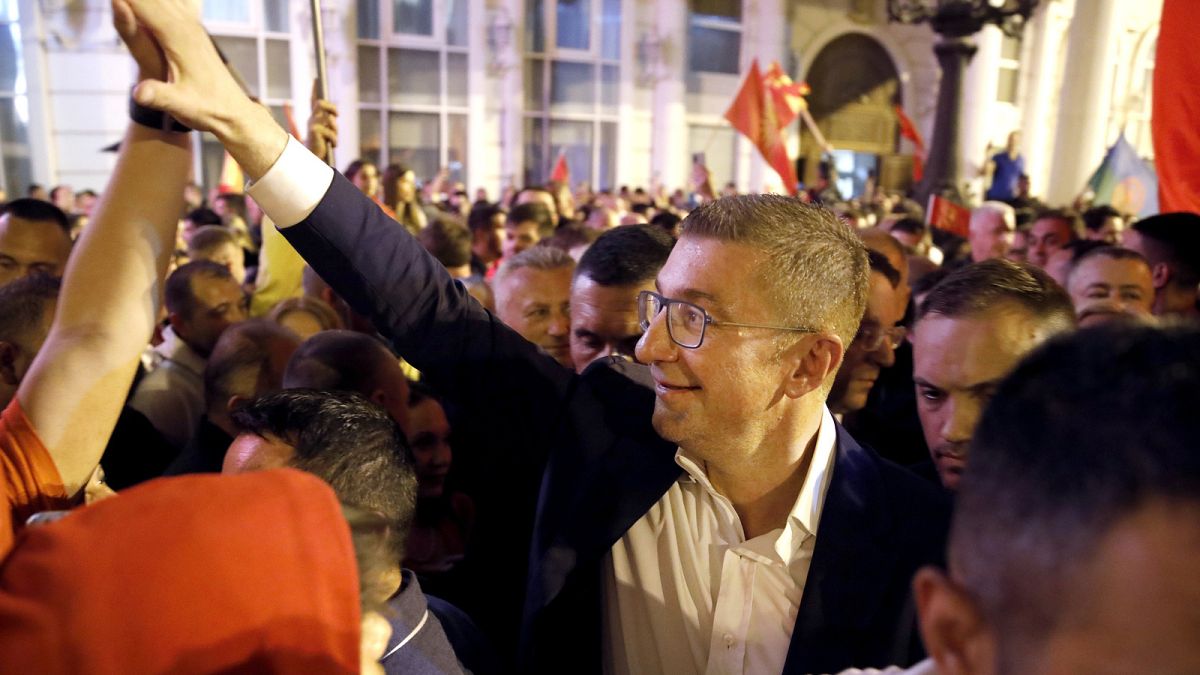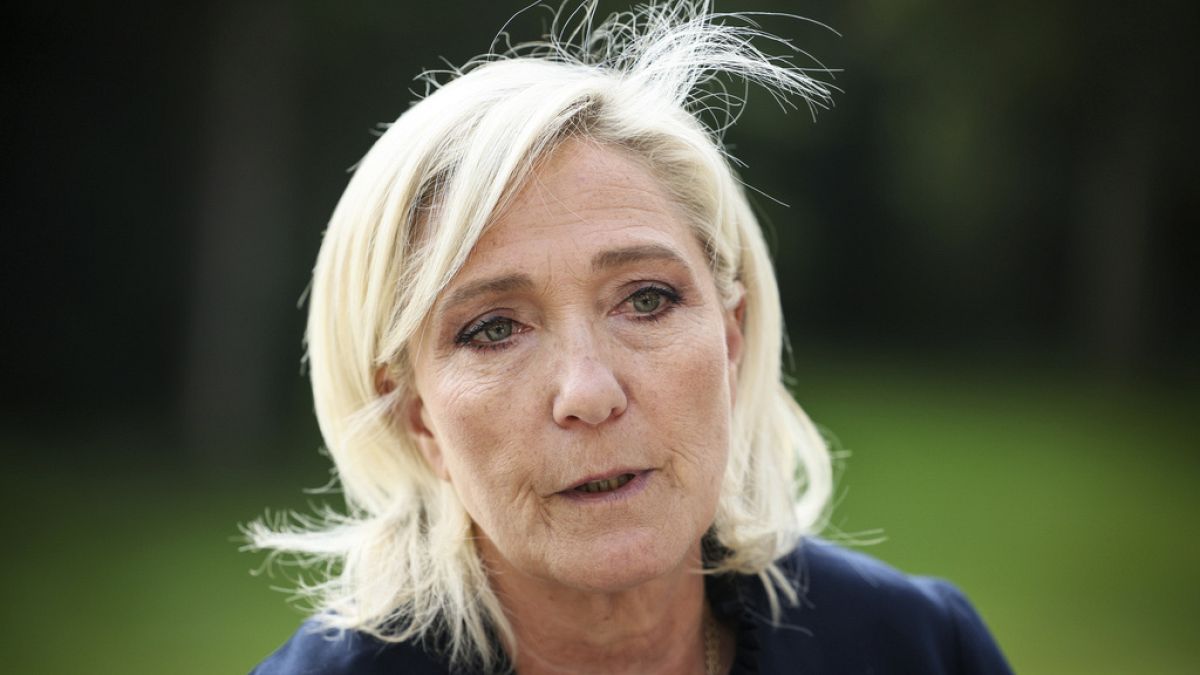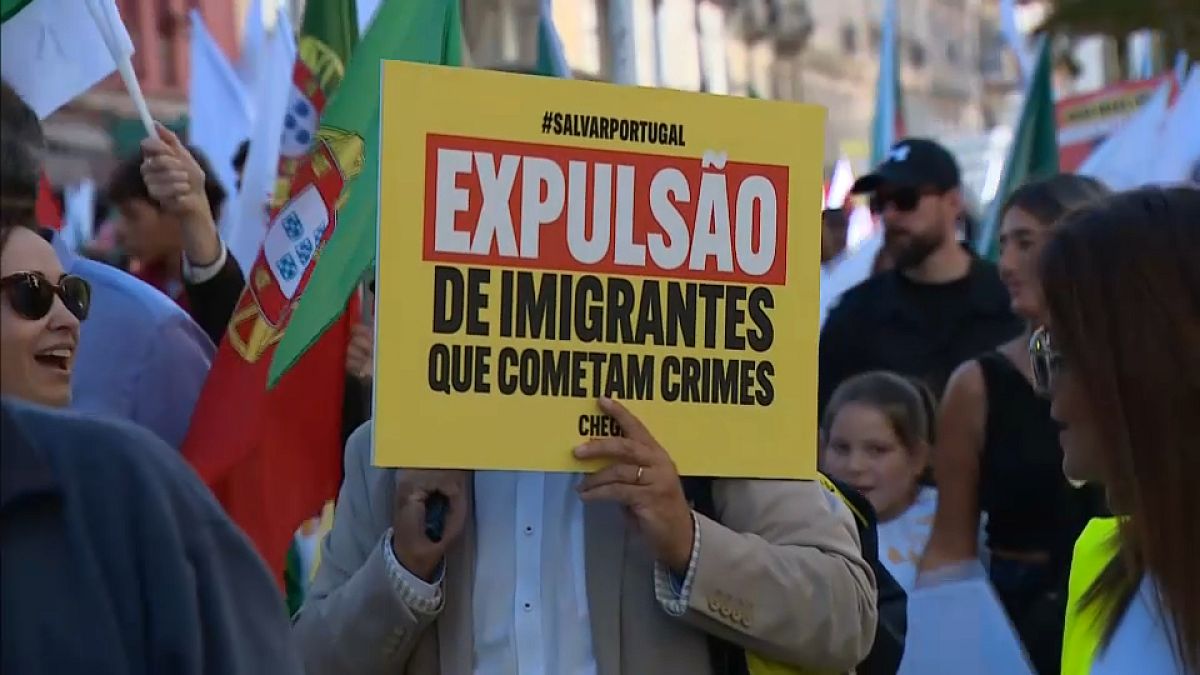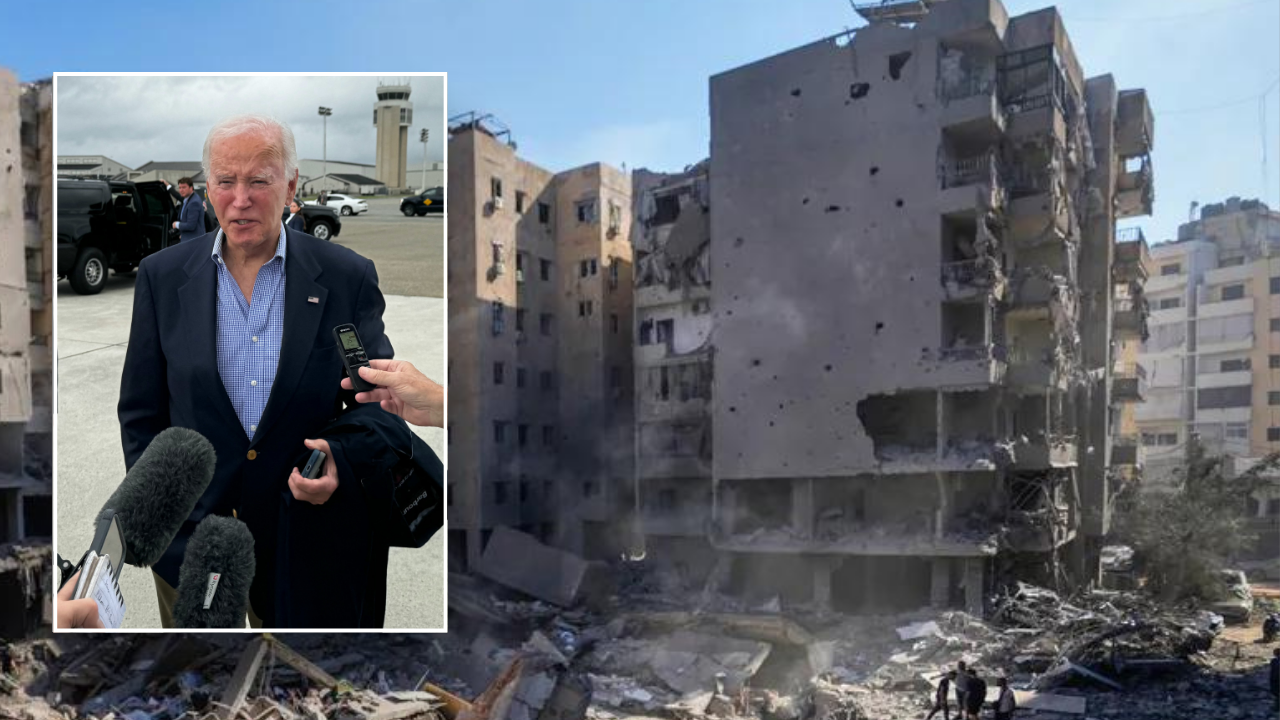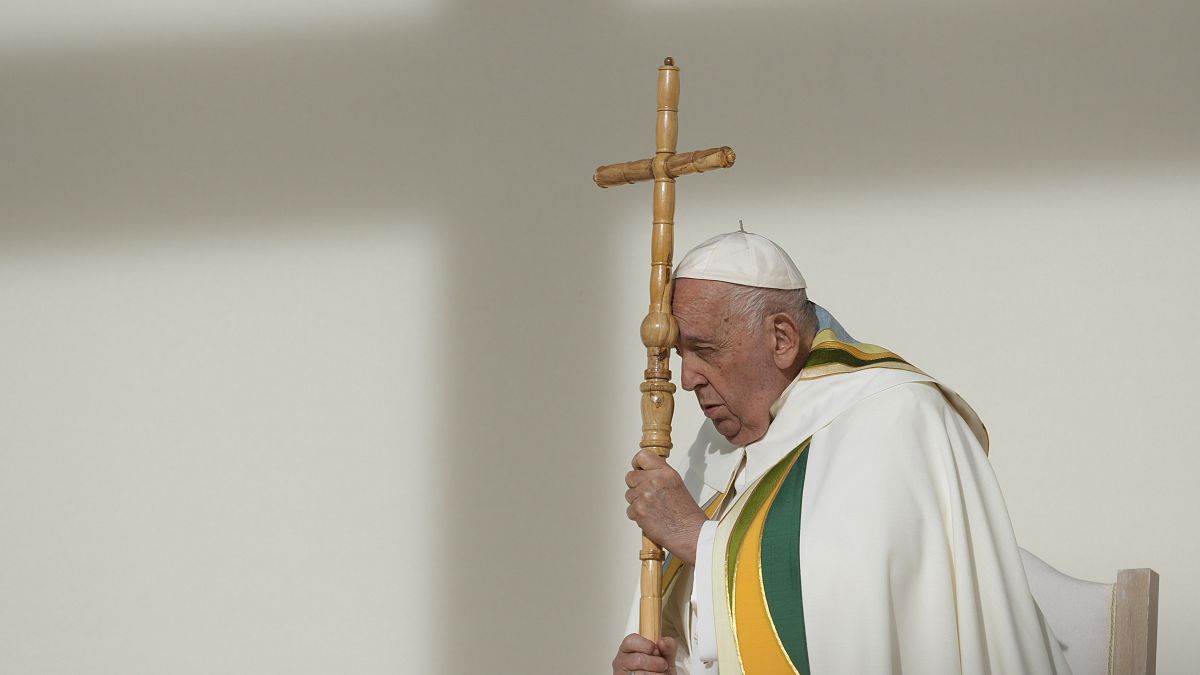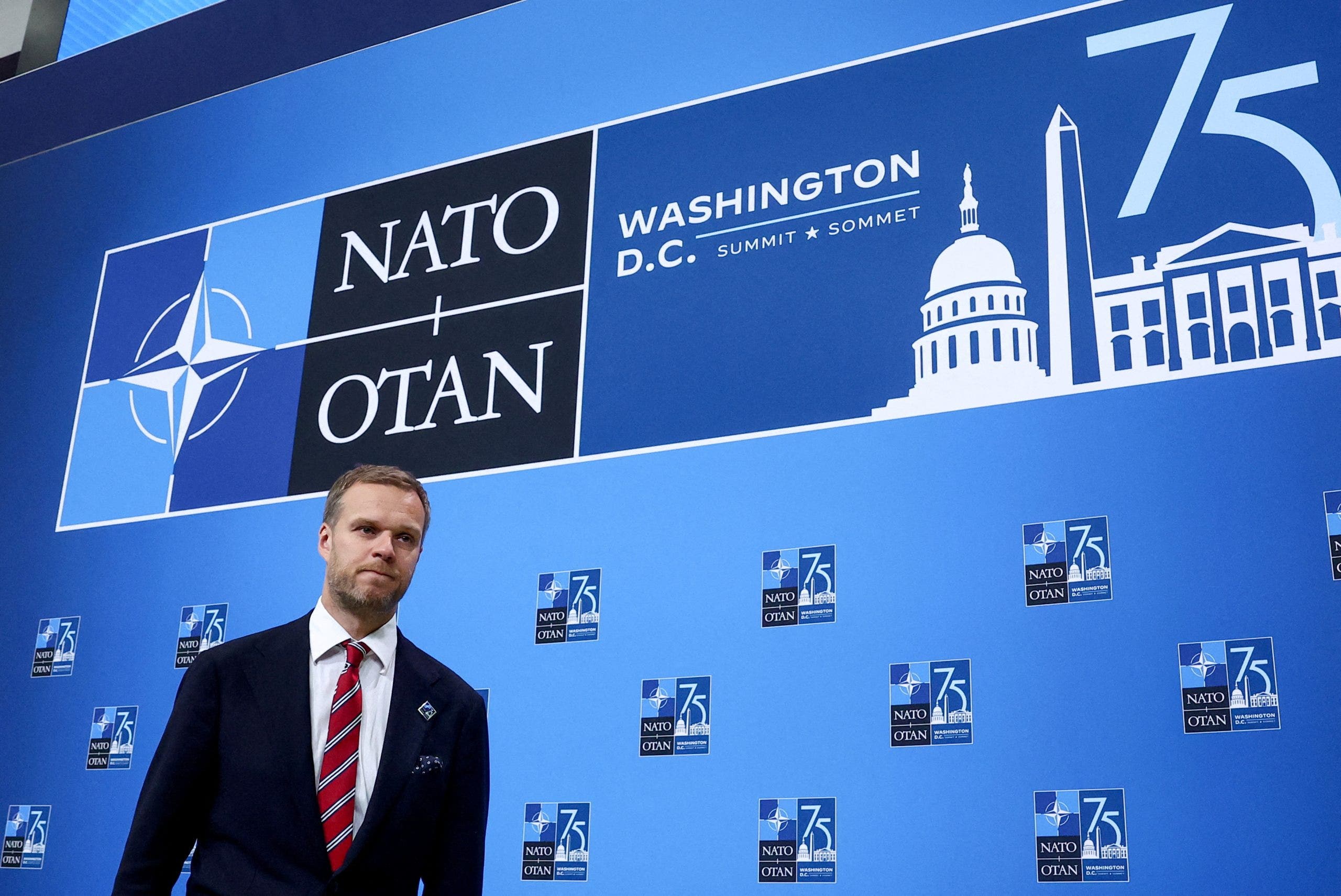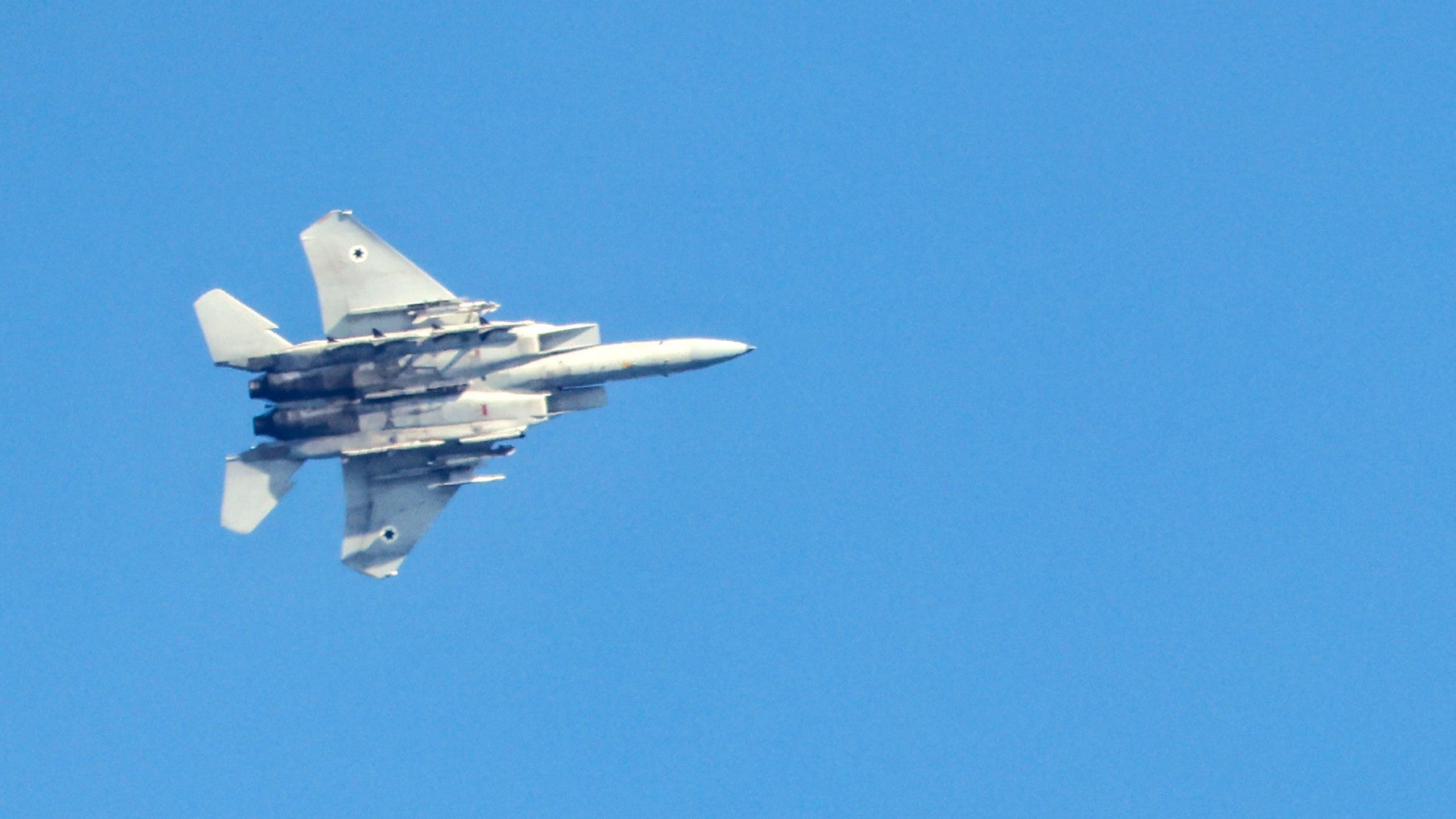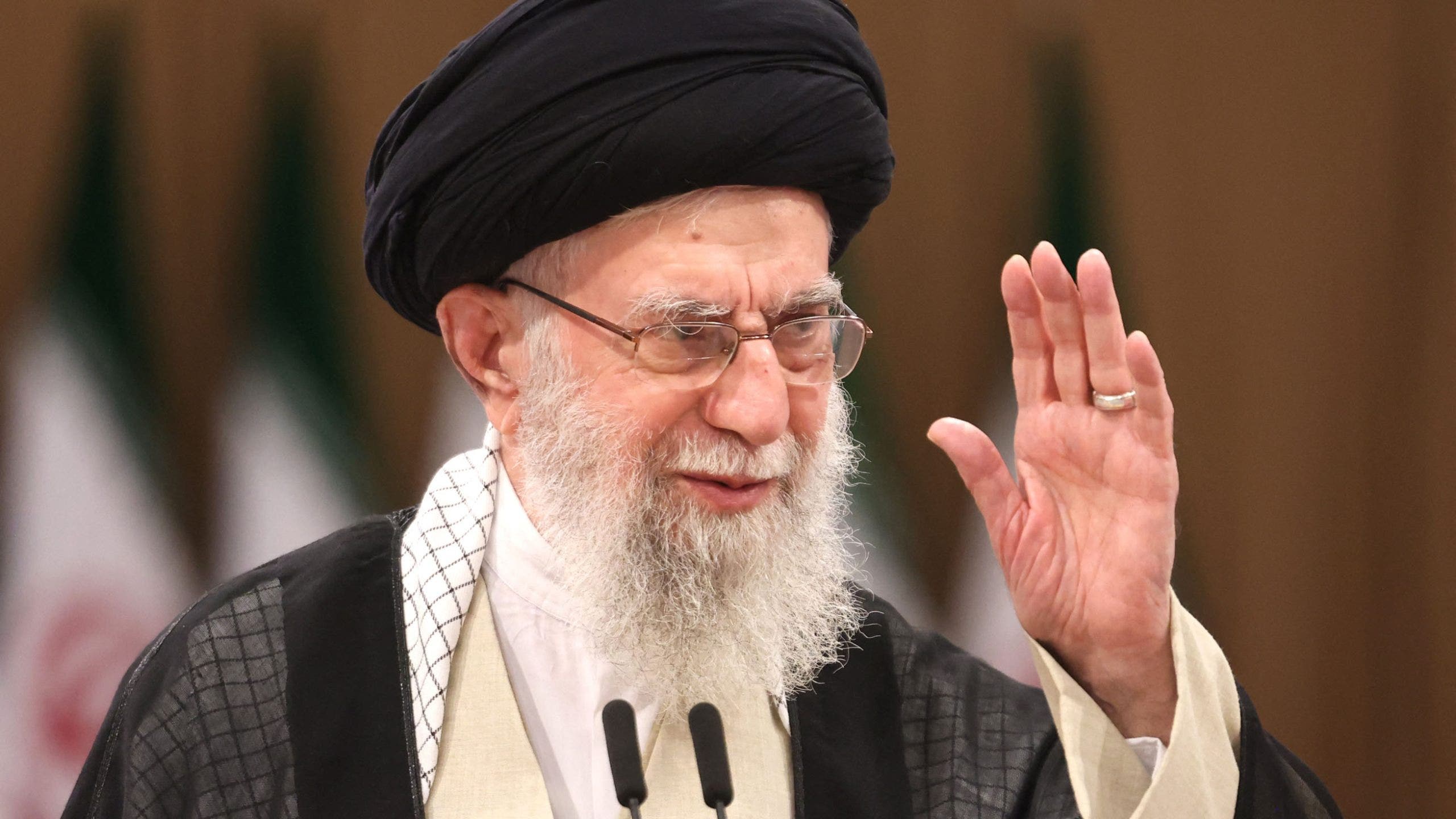EU ambassadors failed to approve the opening of the next chapter of EU accession talks with Skopje last week.
In the rural highlands where North Macedonia’s north-east borders Bulgaria’s west, workers swelter in the late September heat.
They’re entering the final stages of building a strategically critical high-speed road connecting the capitals of Skopje and Sofia.
The road is part of the planned ‘Corridor eight’ route linking Italy’s Adriatic coast by sea to Albania, then stretching all the way through North Macedonia to the port of Varna on Bulgaria’s Black Sea coast. A rail connection along the same corridor is also in the works.
When complete, it will anchor the Western Balkan nations of Albania and North Macedonia into Europe’s transport and trading network, quite literally paving their way into the European Union, while also providing NATO with a strategic military corridor.
But the rail and road project, like North Macedonia’s bid to join the European bloc, has been rigged with obstacles, delays and disputes.
The country’s populist prime minister Hristijan Mickoski has accused Bulgaria of failing to commit to the rail route on its territory, saying the railway will end in a “dead end” on the Bulgarian border. He has threatened to divert the EU funds dedicated to the project to another route known as Corridor ten, which would link Skopje with Belgrade and Budapest to the north, where Eurosceptic nationalists considered close to Mickoski are in government.
The corridor dispute comes amid what Bulgarian officials see as a further unravelling in relations between the two countries, which have plunged to a new low since the right-wing VMRO-DPMNE party scored victory in North Macedonia’s parliamentary and presidential elections last May.
A long-standing dispute with Greece over North Macedonia’s name has also resurfaced, as nationalists in Skopje informally refer to the country as ‘Macedonia’ in what officials in Athens see as a blatant violation of the 2018 Prespa agreement.
It meant there was no unanimous agreement among EU ambassadors last week to open the first negotiating chapters on North Macedonia’s accession to the bloc. Neighbouring Albania, meanwhile, has been given the green light.
EU bets on cash-for-reforms strategy
Despite Albania now overtaking its neighbour, officials in Brussels and Skopje still hope the recently-installed North Macedonian government will remain focused on its accession path.
The EU executive is betting on its new €6-billion Growth Plan for the Western Balkans, under which it will inject investment into the seven Western Balkan candidate countries over the next three years in return for reforms designed to bring their economies and societies closer to the EU.
The €6 billion – which consists of €2 billion in grants and €4 billion in concessional loans – will be distributed according to each country’s GDP and population, but only made available once they have implemented so-called ‘reform agendas’ designed to align their laws, standards and practices with those of the EU.
Another unique feature of the Growth Plan is that countries that fail to hit their reform targets could see the funds allocated to them diverted to other countries in the Western Balkans region.
EU sources say the model is designed to create “competition” between neighbours and incentivise quicker reforms.
“Luckily, the new North Macedonian government has really bought into the EU accession process as did the previous government,” a diplomatic source said. “When the new government was sworn in, there were no major deviations from the reform agenda negotiated by the previous government.”
“But the proof is in the pudding. We’ll need to wait and see if they implement these reforms,” the diplomat added.
The cash-for-reforms model is part of Brussels’ plan to accelerate reforms on a raft of issues including the rule of law, the independence of the judiciary and the fight against corruption. The reform agendas are expected to be endorsed as early as October, meaning the first “pre-financing” payments could be disbursed by the end of this year.
All countries – with the exception of Bosnia and Herzegovina – have to date submitted their draft reform agendas, as officials in Sarajevo are still deciding how the country’s parliamentary assembly should endorse the plans.
“If a country doesn’t meet its commitment under their reform agendas, the money allocated to it could be transferred to another country in the Western Balkans, creating an element of competition completely new compared to previous financing instruments,” an EU official explained.
Another EU official, speaking on condition of anonymity, added that tackling corruption was one of the biggest challenges in North Macedonia and other candidate countries in the region, but that the EU executive had robust mechanisms to safeguard its funding.
“Corruption is present. But we have a policy of zero tolerance for corruption and very strict frameworks in place,” the EU official said, “If it happens, and it does, our mechanisms kick in.”
Member states wield veto power
But even if Skopje successfully meets all its targets and reaps the benefits of the Growth Plan, it can only progress on its path to EU membership if it continues to mend the relationship with neighbouring Bulgaria.
That will prove challenging as lawmakers in Sofia and Skopje continue to exchange combative rhetoric.
Each member state must give its explicit green light to the opening of each step in the EU accession process.
Responding to EU ambassadors’ failure to move on accession talks with North Macedonia, former Bulgarian premier Boyko Borissov – who leads the biggest party in the Bulgarian parliament and chairs its foreign affairs committee – said Skopje had to “face the consequences of its actions,” accusing Micksoki’s government of blaming Bulgaria for delays in its membership bid.
Borissov recently called for the resignation of North Macedonia’s deputy prime minister and transport minister after a war of words involving the Corridor eight route linking the country’s capitals.
Bulgaria will vote in its seventh election in just three years on October 27, following multiple failures to form a government.
Read the full article here







